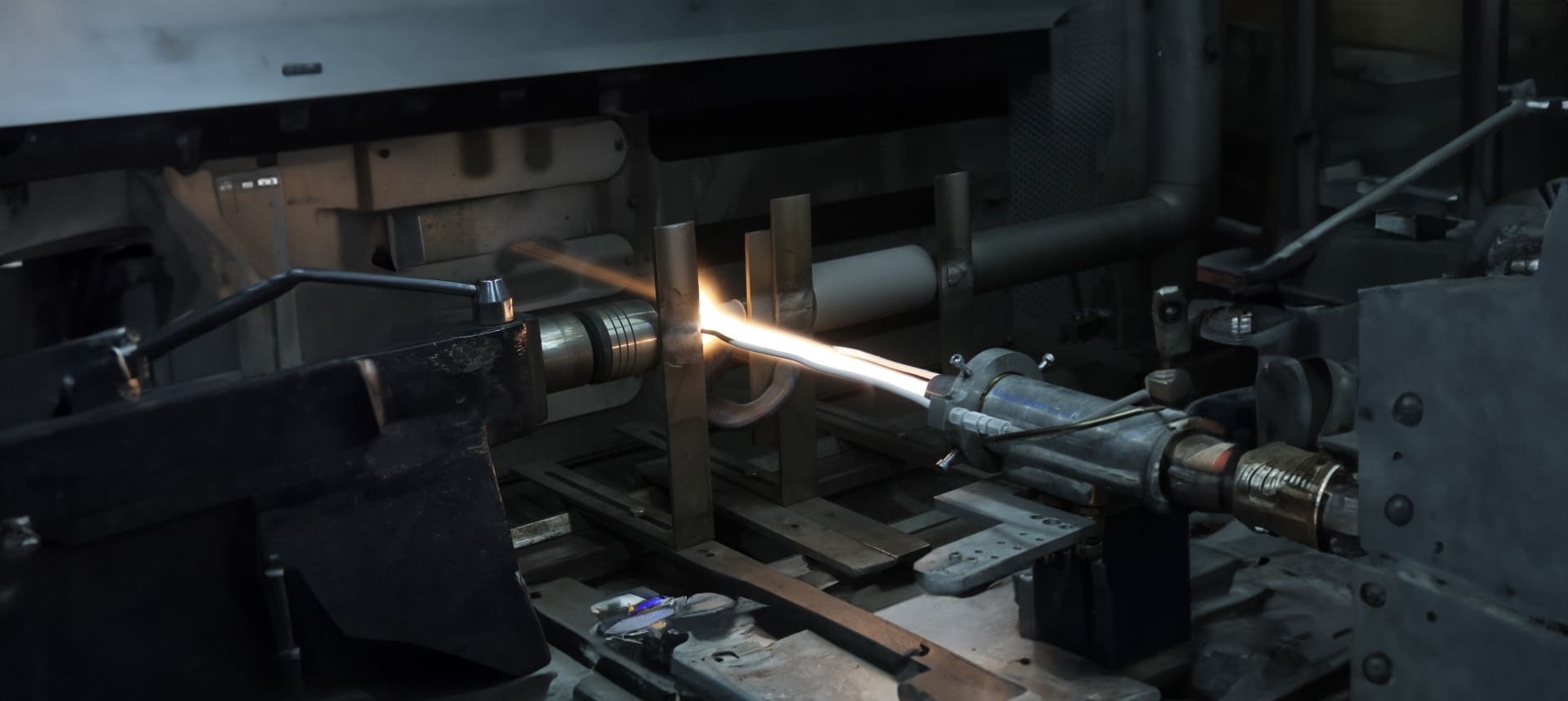Newsroom - Jul 13, 2022
The Importance of Understanding the Limitations of Typical Thermal Spray Coatings
Thermal spray coatings have long been used for corrosion protection in various industries. However, it is crucial to understand their limitations, especially when it comes to mission-critical process equipment. Typical thermal spray coatings, such as low velocity systems, possess certain drawbacks that can lead to coating failure and compromised equipment integrity.
One of the limitations of typical thermal spray coatings is their permeability. These coatings have weaker bond strength and are prone to cracking, making them unsuitable for providing internal protection to essential equipment. Their inability to produce flat and tightly-packed particle sizes or nano-scale grain structures creates pathways for corrosive media to penetrate the coating, resulting in substrate corrosion and premature coating failure.
Another challenge arises when attempting weld repairs adjacent to failing thermal spray coatings. The heat affected zone (HAZ) of these coatings may develop cracks, further compromising the integrity of the equipment. Such issues necessitate the search for more permanent and reliable solutions.
HVTS: Ensuring Long-Term Reliability with Proactive Maintenance
In response to these limitations, High Velocity Thermal Spray (HVTS) technology has emerged as a superior alternative. HVTS offers a cladding solution with advanced alloy materials that provide erosion-corrosion protection even in high-temperature and high-pressure environments. Unlike typical thermal spray coatings, HVTS ensures a longer asset life without the need for frequent maintenance, with some applications anticipated to remain maintenance-free for over 15 years.
By employing HVTS, companies can benefit from significant time savings compared to traditional weld overlay methods. HVTS cladding systems can be readily inspected for signs of deterioration, and thickness measurements can be taken to verify the integrity of the coating. This allows for proactive maintenance and ensures the long-term reliability of the protected equipment.
IGS, a leading provider of HVTS services, has invested considerable resources in the development and optimization of their HVTS process technology, materials, application procedures, and field personnel capabilities. With decades of successful cladding applications and a reputation for fast mobilization and turnkey solutions, IGS has established itself as a go-to service provider for the oil, gas, and petrochemical industries worldwide.
In conclusion, understanding the limitations of typical thermal spray coatings is essential for making informed decisions regarding corrosion protection in critical process equipment. By embracing advanced technologies like HVTS, companies can enhance equipment longevity, reduce maintenance requirements, and ensure reliable and efficient operations in demanding industrial environments.


